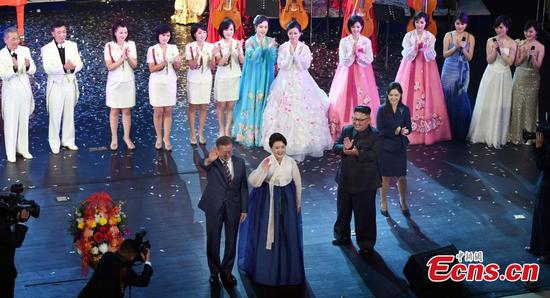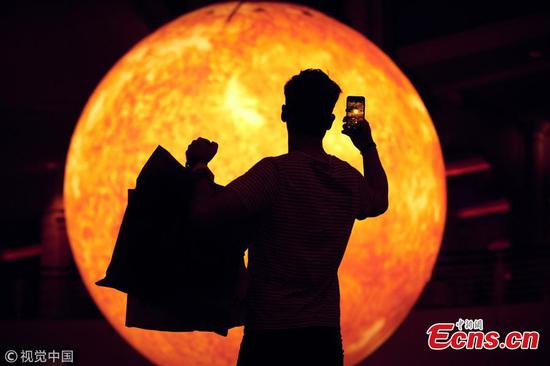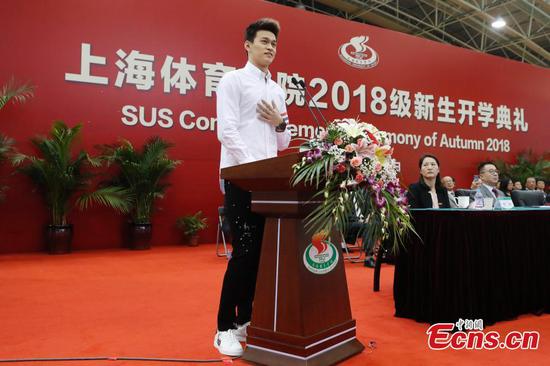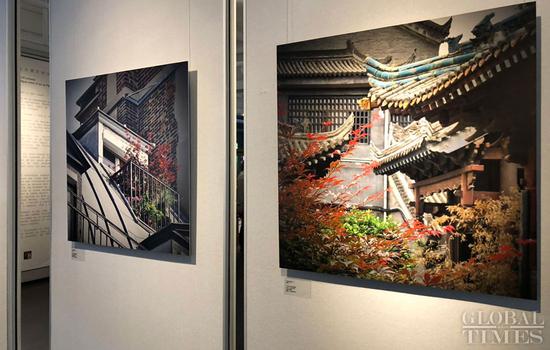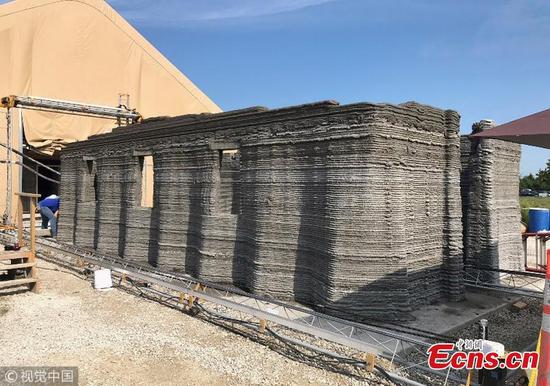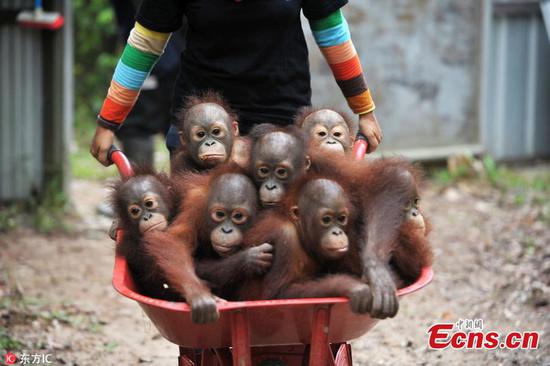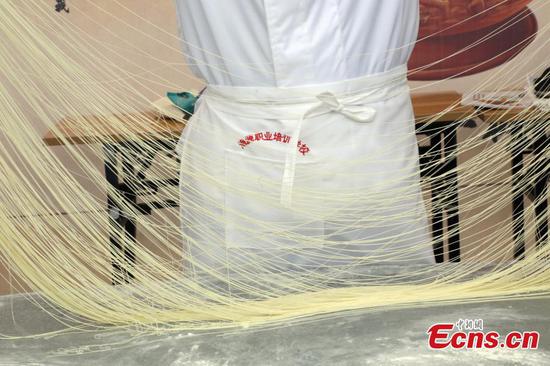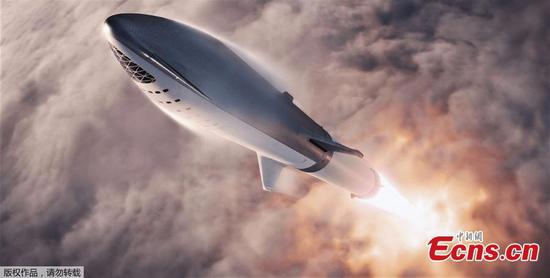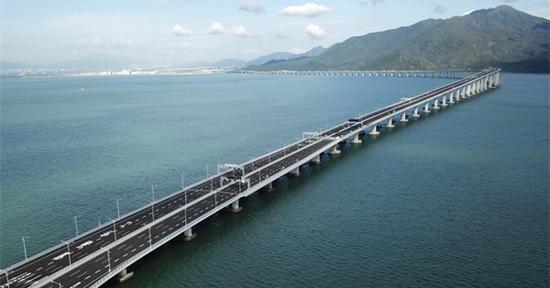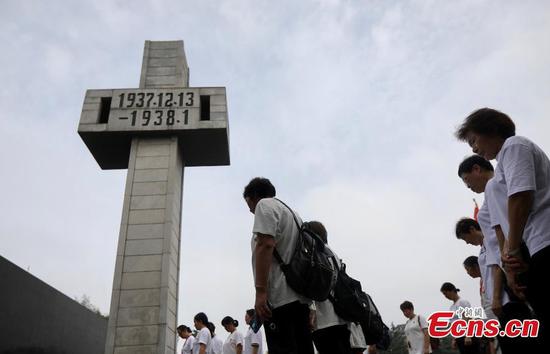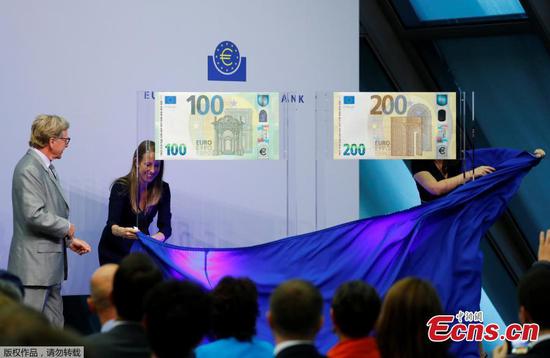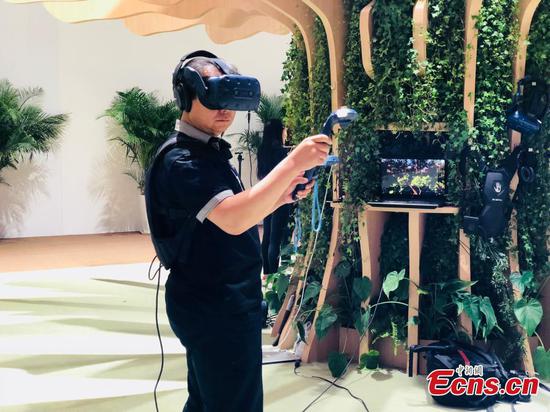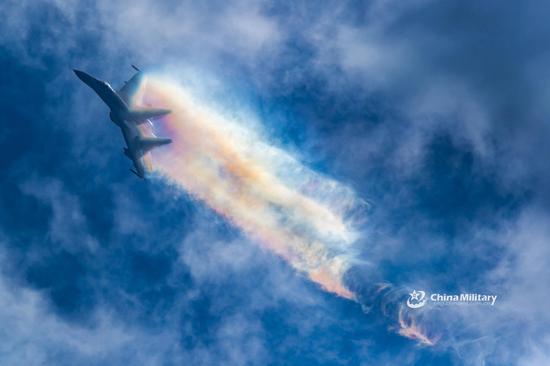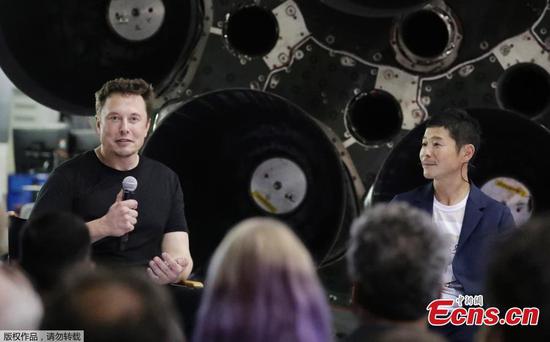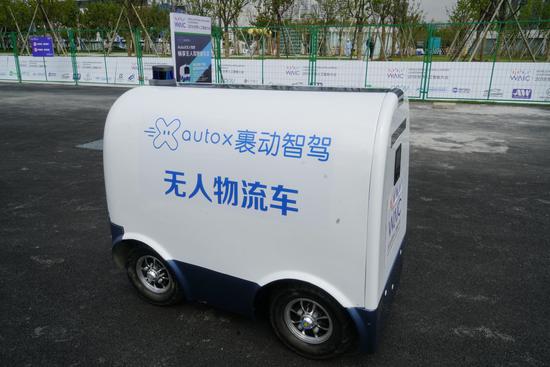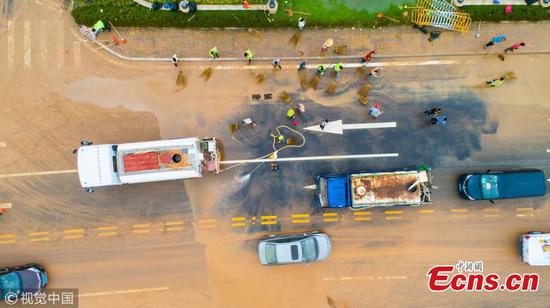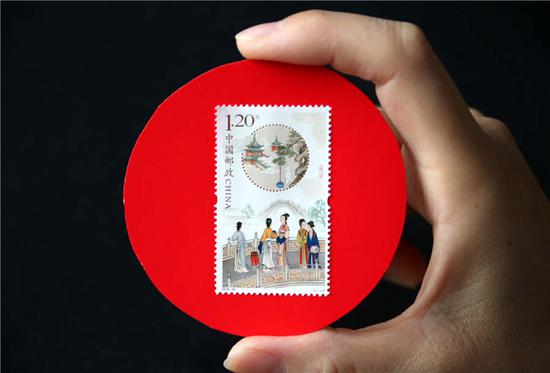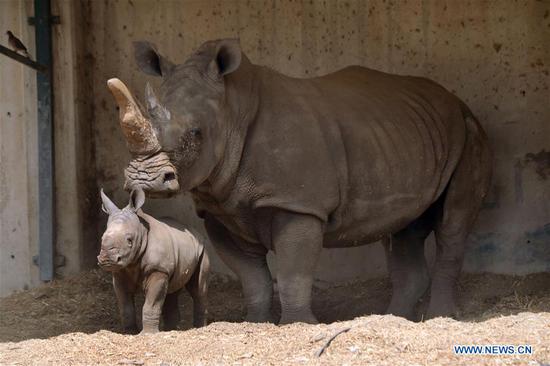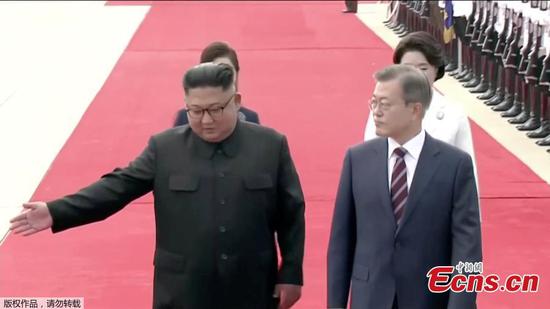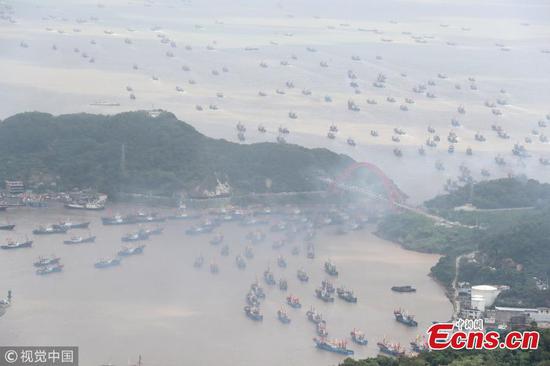Trade frictions between the U.S. and China are unavoidable and their impact may last up to 20 years, Jack Ma, Alibaba's co-founder and chairman, said during the company's annual tech event on Wednesday.
Prepared for the next 20 years
"The trade frictions are unavoidable during the technological revolution and development of China-U.S. relations," he said. "It will not end soon, in two months or two years. We should be prepared for the impact [to last] for the next 20 years."
One day before the Alibaba 2018 Computing Conference was held in the eastern Chinese city of Hangzhou, the U.S. announced it is imposing 10 percent tariffs on 200 billion U.S. dollars' worth of Chinese goods, which will rise to 25 percent by the end of the year. The new round of duties prompted China to retaliate with additional tariffs on 60 billion U.S. dollars of U.S. imports.
The trade tensions will bring a hard time for small- and medium-sized enterprises, however, the leading firms that can go through the difficulties with innovation will be winners in the future, Ma said.
"Alibaba is 19 years old," he said, "The next 20 years are long enough for another Alibaba or another Amazon to emerge."
Manufacturing no more a major job creator
For developing countries like China, it's the services industries not manufacturing that will be the major creator of jobs, Ma said.
In the next 10 or 15 years, the traditional manufacturing industry "will suffer from unexpected pain," similar to what offline retailing industry went through because of the advent of e-commerce, he predicted.
Under the current environmental and technological revolution, manufacturers relying only on resource consumption will run into a stone wall, Ma warned, noting that the successful manufacturing industry will be data-driven and tailor-made, instead of merely depending on standardized production.
In the future, customers around the world, instead of enterprises, will drive the trade and territory barriers in manufacturing will be eliminated. When everyone is involved in trade, there will be no more traditional trade wars, he concluded at the end of his speech.









